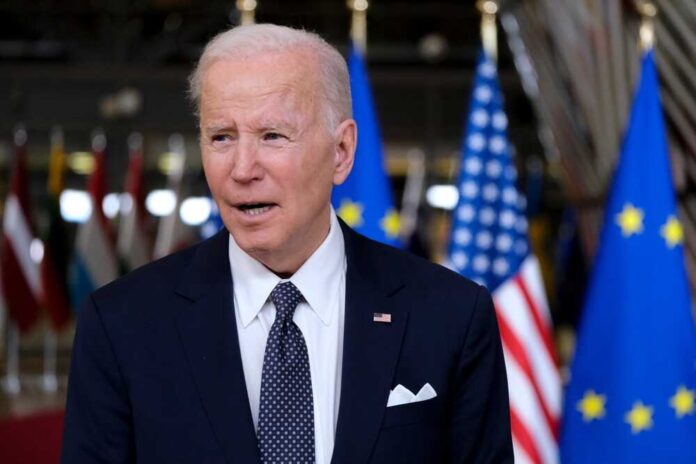
New restrictions have been proposed by the Biden administration on investments from U.S. firms and individuals in the tech sector in China, which has caused many investors to be concerned about potential retaliation coming down the line from Beijing.
Last week, Biden signed a new executive order that resulted in the Treasury Department announcing new rulemaking proposals that would essentially put restrictions in place on new investments from U.S. entities in China, if those investments involved things such as quantum information technology, artificial intelligence and computer chips.
The idea behind the proposal is to inhibit the access to knowledge and capital that China is currently enjoying that could lead to them modernizing their military even more, and stunting economic competition throughout the world.
According to the Biden administration’s proposal, some investments in China’s tech sector would be completely blocked. Some tech investments would just need to be disclosed to U.S. regulatory agencies before they were made.
Commenting on the proposed restrictions, Tom Plumb, who serves as the CEO of Plumb Funds – a mutual fund – said:
“It’s naive to think that there won’t be some type of retaliation from China.”
He suggested that the retaliation could include restrictions on exports of some rare earth materials that are used in electric vehicles, electronics and some other higher-end technologies that many U.S. firms currently get from China. At the same time, Plumb said he believes China might try to reduce its dependence on the U.S. for some vital goods it needs.
As Plumb explained:
“This is obviously going to put China in a position where they’re going to try to reduce their dependency on any U.S. company for higher levels of technology.”
Not surprisingly, China immediately blasted the proposed restrictions on trade. The country’s Ministry of Commerce said they were “gravely concerned” about the proposal, pledging to “resolutely safeguard its own rights and interests.”
The Ministry of Foreign Affairs in China also said they believe the “true purpose” of the proposed restrictions “is to deprive China of its development rights and maintain its own hegemony.”
It seems that the simple announcement of the proposed restrictions has already had an effect on the behavior of some investors, too. For instance, Running Point Capital Advisors’ chief investment officer, Michael Ashley Schulman, spoke to Reuters recently and said some of their clients already requested that they either reduce their exposure to China or eliminate it altogether when investing in ETFs, bonds or stocks.
He said:
“After the government’s announcement, I suspect that we may receive a few more similar requests.”
Discussions about the possibility of putting restrictions on China’s tech industry in place have been ongoing for a few months now. The idea behind the restrictions are to allay any national security concerns that people have about China, according to Ngor Luong, who works for the Center for Security and Emerging Technology as a research analyst.
He told Fox Business recently:
There are concerns around U.S. technology going to the Chinese military to help it modernize, to support Beijing’s efforts to leverage technology for human rights violations, or to help China gain a first-mover advance in AI writ large.”














